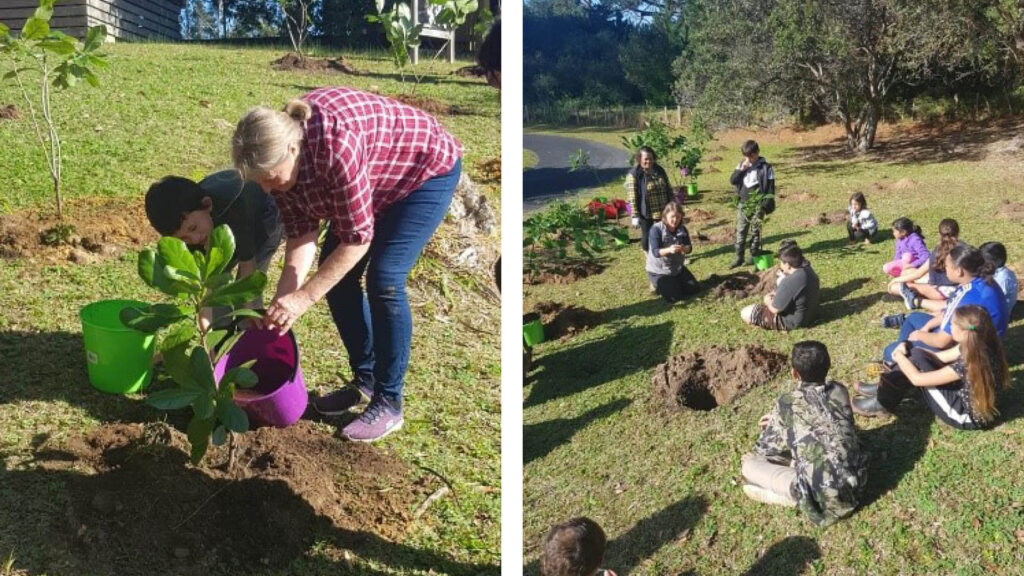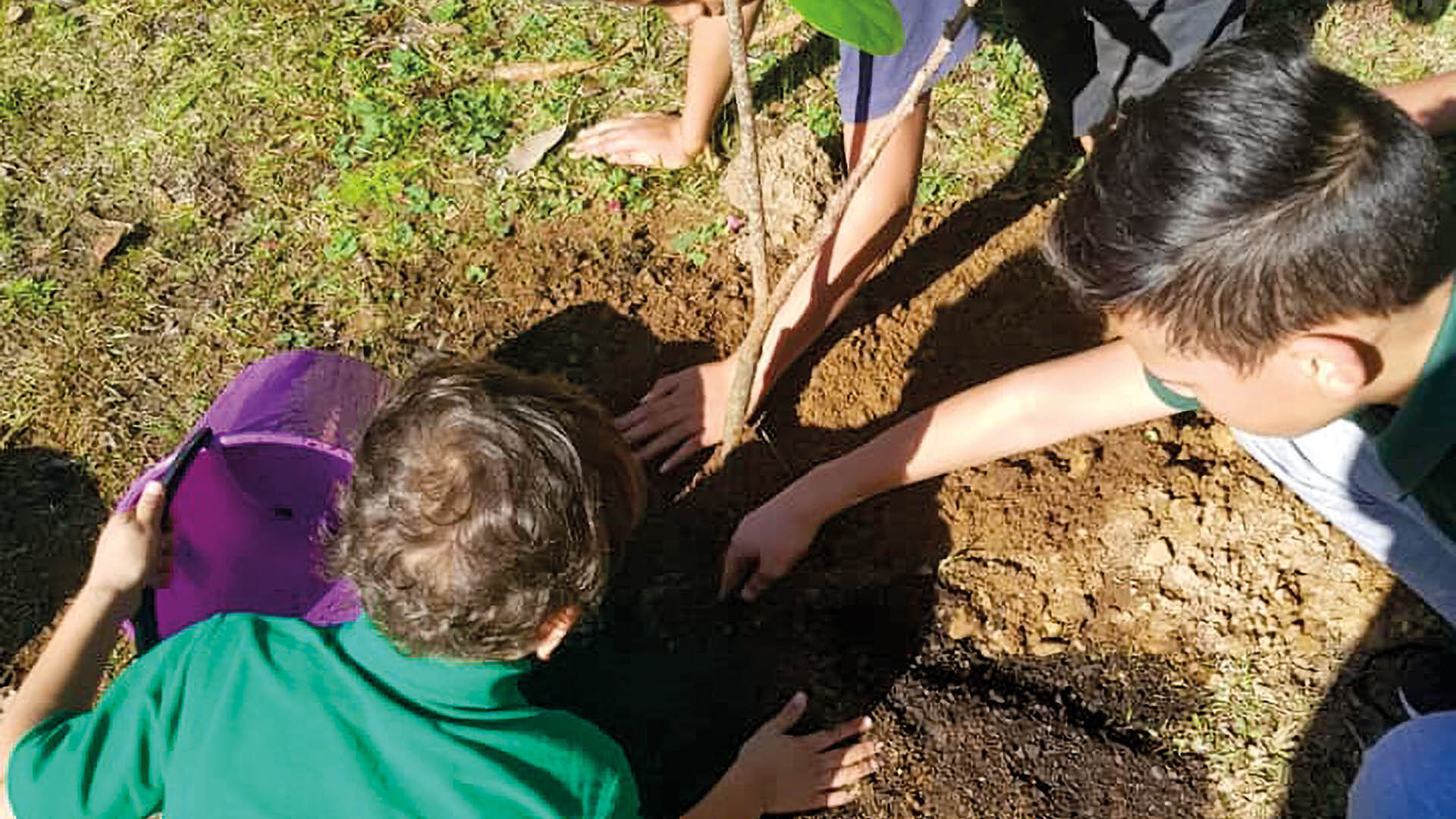
Ngāti Kurī (Māori iwi from Northland) elders say, “Oranga taiao, oranga tangata – Humanity is sustained by the environment” and that we must “Whakarongo ki te reo o Paptuanuku – Listen to the voice of our Earth Mother.”
Students of the Ngāti Kurī schools of Te Hapua and Ngataki are embracing this proverb by helping restore a species of plant once listed as one of the world’s rarest by The Guinness Book of Records.
The Three Kings Kaikōmako, also known as ‘Kaikōmako Manawa Tāwhi’, is a species of Pennantiaceae endemic to New Zealand’s Manawa Tawhi (Great Island), one of the Three Kings Islands, where only one plant is known to exist.
Ngāti Kurī are the guardians of these islands and, prior to the arrival of Europeans, there were many Kaikōmako growing on Manawa Tāwhi, along with a number of other species.
All but wiped out by goats, introduced to the island by whalers in 1889, a single wild female tree was found by Professor Geoff Baylis in 1945, who brought a cutting back to Auckland and nurtured it to maturity at the Department of Scientific and Industrial Research (DSIR).
Forty years later, geneticist and mycologist Dr Ross Beever, a scientist from Manaaki Whenua Landcare Research, noticed that the cutting-grown female plant had produced fruit on a cluster of flowers, however it withered, and no viable seeds were produced.
